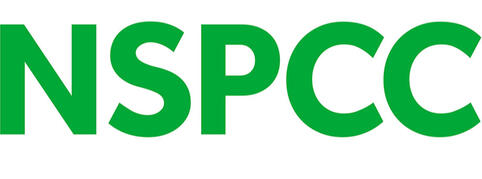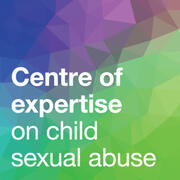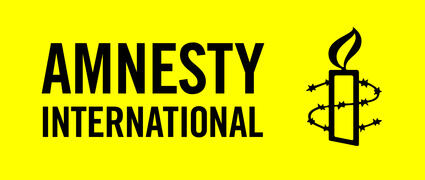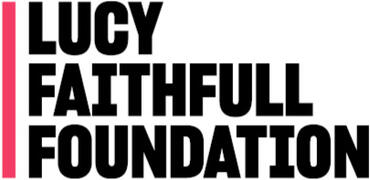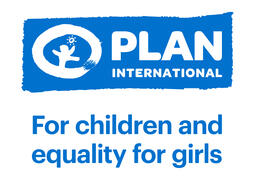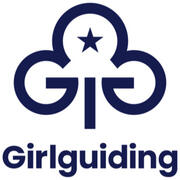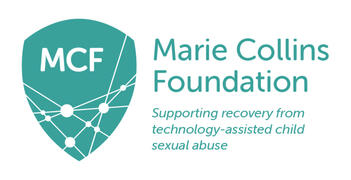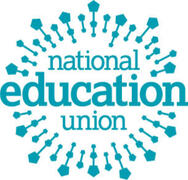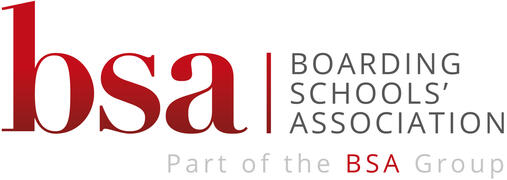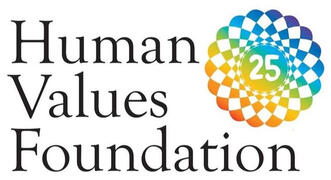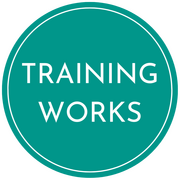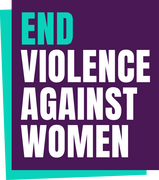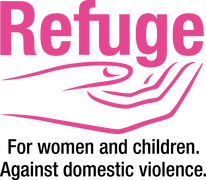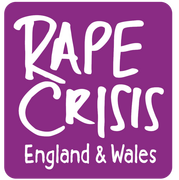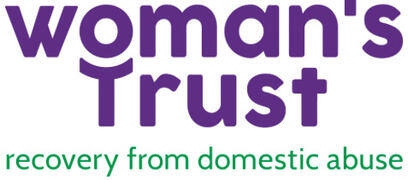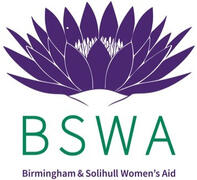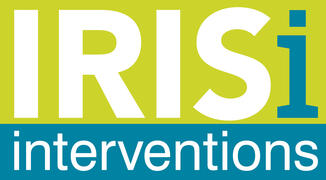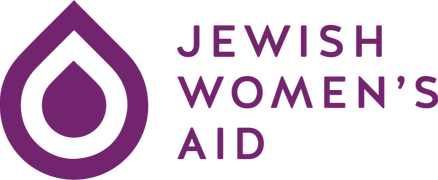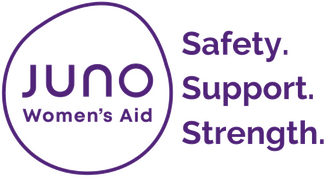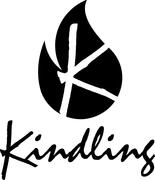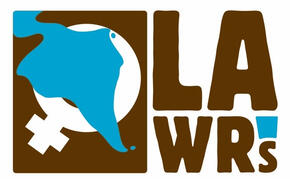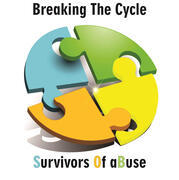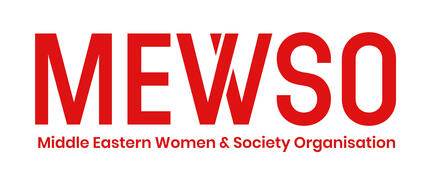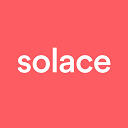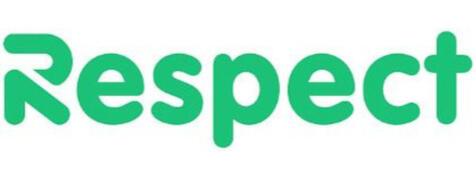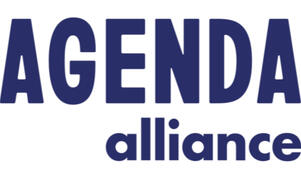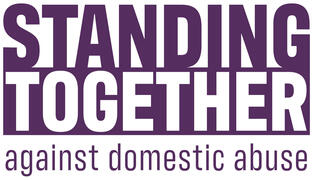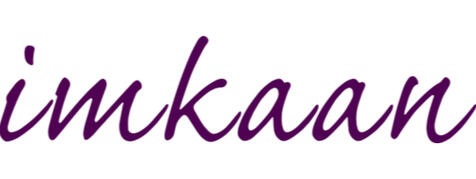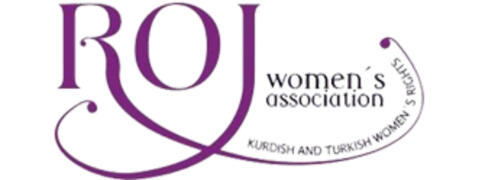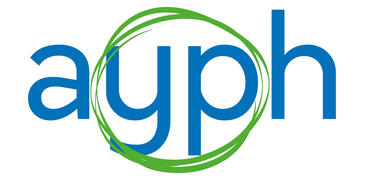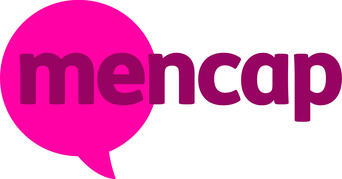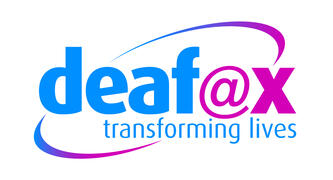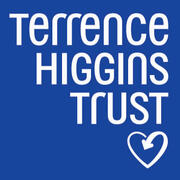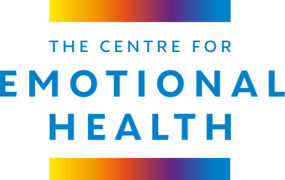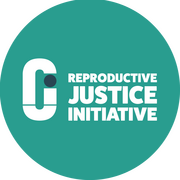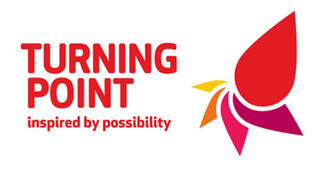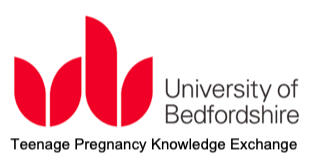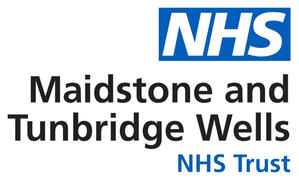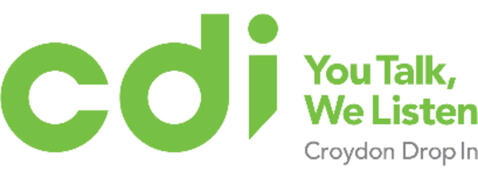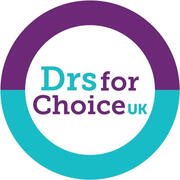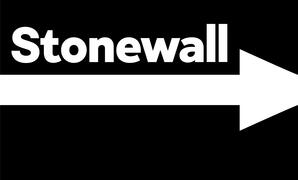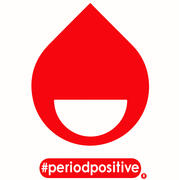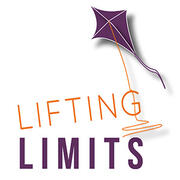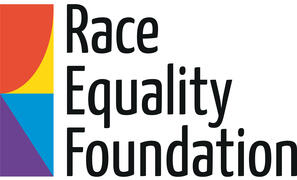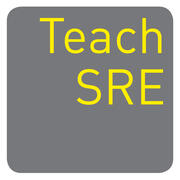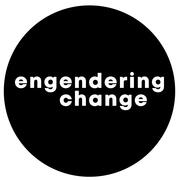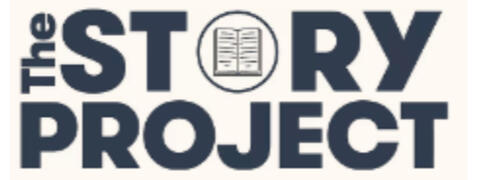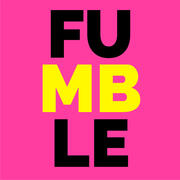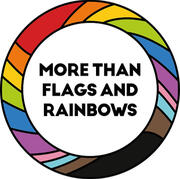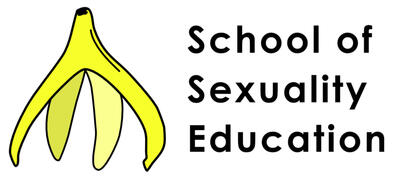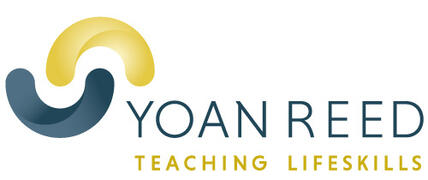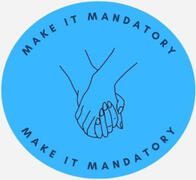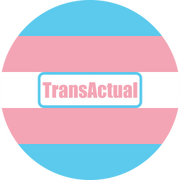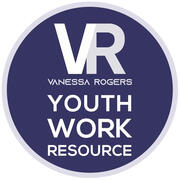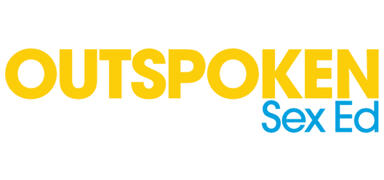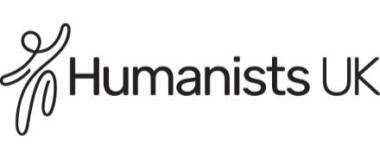Read our joint position statement on the new draft RSHE guidance
The statement of concern below has been written by the PSHE Strategic Partners Group and signed by over 100 organisations. It has been published in response to the draft guidance, out for consultation until 11 July 2024.
Signatories:
Safeguarding, child protection & rights
Education & Unions
End violence against women and girls
Internet safety
Mental, physical, and sexual & reproductive health
RSE & inclusion
Faith & belief groups
RSHE guidance joint position statement
Relationships, sex and health education (RSHE) helps to protect children and young people from harm, keep them healthy and prepare them for life’s challenges and opportunities.The current statutory guidance for RSHE in England – in force since 2020 – is based on robust evidence, informed by a rigorous engagement process and a twelve-week consultation. It had support and input from safeguarding bodies, national children’s charities, specialist violence against women and girls organisations, sexual and reproductive health organisations, faith and belief groups, parents and carers, teachers, teaching and leadership unions and young people, and votes of support from 538 MPs from across the political spectrum.The current guidance provides the foundation on which schools have improved teaching of high quality, age-appropriate RSHE since 2020, despite Covid disruption. Any review of RSHE must build on this progress and focus on responding to the needs and experiences of those the guidance will support: children and young people, teachers and schools.We are concerned that the draft new RSHE guidance out for consultation until 11 July falls short of what is required to help keep children safe, healthy and prepared for modern life. Age restrictions and topic bans pose a threat to the preventative role of RSHE, limiting the prevention of harm in relation to issues including sexual health, violence against women and girls (VAWG), mental health, safeguarding from sexual abuse, inclusion and tackling current and emerging threats like online misogyny.The limited scope and structure of the review, and reduced eight-week consultation, is also problematic, as is the general election falling during this consultation period (thereby removing the opportunity for planned Department for Education stakeholder engagement).A fresh start and a new review is needed. We are calling on the new government to discard the draft guidance and begin this process in due course, focusing on the needs of children and young people and supporting teachers to deliver a high-quality, inclusive curriculum.Future updates to RSHE must be:
Evidence based: using the best available evidence of what works in preventative education and the needs and experiences of all children and young people, so that it is effective, relevant, up-to-date and age and developmentally-appropriate.
Transparent: any evidence and recommendations that inform new proposals should be published, as should any evaluations of RSHE under current guidance.
Representative: there should be ongoing engagement with a wide range of stakeholders, including parents and carers, children and young people, teachers and teaching and leadership unions, national safeguarding bodies, children’s charities and specialist VAWG organisations, academics and experts.
There is deep concern about the impact the draft RSHE guidance would have on children and young people’s lives in a number of ways, including:
Safeguarding
An additional statement on RSHE and safeguarding from five leading children's charities
Violence against women & girls
A briefing on RSHE and VAWG from the End Violence Against Women and Girls Coalition
"Lack of engagement with experts in the sector and children and young people has led to draft guidance which is unworkable, out of touch with the realities of what children and young people are experiencing in their lives, and undermines best practice in terms of both safeguarding and pedagogy.”Paul Whiteman, General Secretary at school leaders' union NAHT
“Quality RSHE, based on consent and equality, is absolutely critical for preventing violence against women and girls (VAWG). If our new government seeks to deliver on their mission to halve VAWG, it is essential that they scrap the existing draft RSHE guidance which would put children and young people at greater risk."Andrea Simon, Director of the End Violence Against Women Coalition
“School and family relationships need strengthening rather than undermining. A collaborative and engaging process of review is what will bring improvement.”Pepe Di’Iasio, General Secretary of the Association of School and College Leaders
“RSHE, and those who teach it, should be championed for improving safeguarding and wellbeing rather than demonised as a problem to be solved.”Jonathan Baggaley, Chief Executive of the PSHE Association
“We strongly urge the new government to discard the draft RSHE guidance. Children have the right to high quality, inclusive and age appropriate RSHE and the draft guidance would not deliver this. Introducing age limits to RSHE topics risks children missing out on crucial teaching about abuse and exploitation.”Lynn Perry, Chief Executive of Barnardo’s
"We firmly believe that children have the right to receive high quality, age appropriate, RSE, tailored to the realities of their lives. This new Government has an opportunity to shape this guidance to ensure it meets our shared responsibility to educate and support children and young people.”Anna Edmundson, Head of Policy & Public Affairs at the NSPCC
"Sexual abuse thrives in silence. Children need to have the language and understanding to seek help. Unfortunately, the current proposed guidance introduces restrictions on when issues and concerns can be raised or responded to, which runs counter to existing evidence.”Ian Dean, Director at the Centre of expertise on child sexual abuse (CSA Centre)
“The process of carrying out the drafting of the guidance without any meaningful input from young people, or key stakeholders supporting and providing RSHE has resulted in guidance that is harmful for children and would make RSHE delivery harder for schools.”Lisa Hallgarten, Head of Policy and Public Affairs at Brook
“It’s crucial that future RSHE guidance places the views and experiences of children and young people at its centre and is built on the established evidence-base for age-appropriate, preventative and inclusive RSHE. ”Lucy Emmerson, Chief Executive of Sex Education Forum
"Because they wouldn’t have a clue what [sexual abuse] is, but if they’re taught at a young age about sex and about consent and abuse and stuff like that, maybe they’ll tell their parents, or maybe they’ll tell someone around them, rather than bottling it up their whole life.”Young person supported by Barnardo's
“There were times I wanted to talk to a professional, but we were never told where our community's sexual health services are, which I think can be a boundary for a lot of people.”Young Ambassador at Association for Young People's Health
This statement has been written by the PSHE Strategic Partners Group, a coalition of organisations focussed on supporting Personal, Social, Health and Economic (PSHE) education, including statutory RSHE, comprising: Anna Freud, Association for Young People’s Health, ASCL, Barnardo’s, Brook, Centre of expertise on child sexual abuse, End Violence Against Women Coalition, NAHT, NSPCC, PSHE Association, Sex Education Forum.

